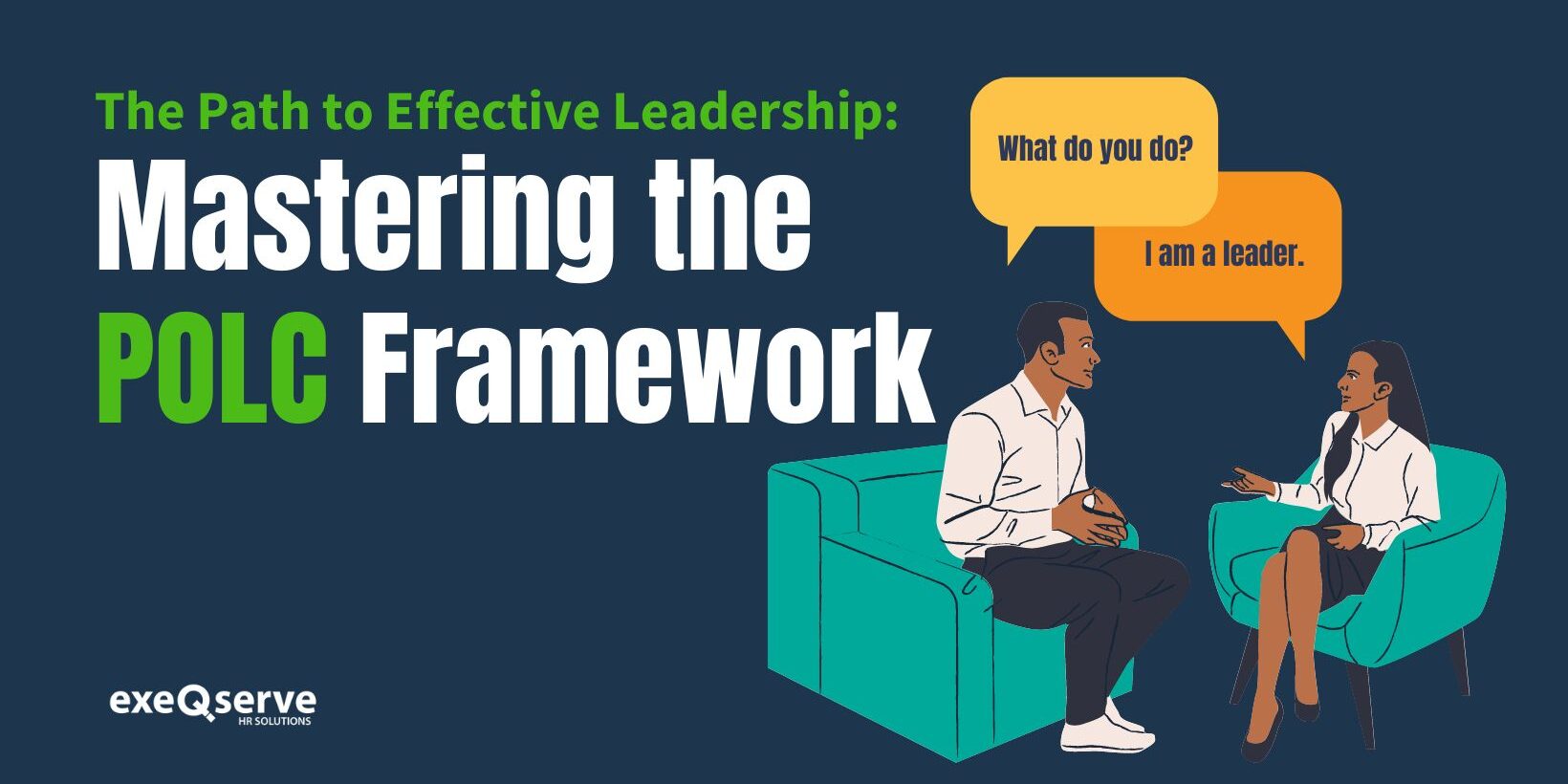Whether you’re leading a small team or a multinational corporation, effective leadership is essential for driving success. One widely recognized framework for understanding the core functions of leadership is the POLC model, which stands for Planning, Organizing, Leading, and Controlling. By mastering these four pillars, leaders can establish a solid foundation for guiding their organizations toward their goals.
Planning: Charting the Course
Planning is the first and most crucial step in the leadership journey. It involves setting clear objectives, developing strategies, and allocating resources effectively. Effective planning requires leaders to have a deep understanding of their organization’s vision, mission, and values and the ability to analyze internal and external factors that may impact their plans.
During the planning phase, leaders must engage in critical thinking, gather relevant data, and involve key stakeholders to ensure that their plans are comprehensive and aligned with the organization’s goals. By establishing a well-defined roadmap, leaders can provide direction and clarity to their teams, ensuring that everyone is working towards a common destination.
 Organizing: Building the Foundation
Organizing: Building the Foundation
Once the plans are in place, leaders must turn their attention to organizing the necessary resources and structures to execute those plans effectively. This involves assigning roles and responsibilities, delegating authority, and coordinating efforts across different teams or departments.
Effective organizing requires leaders to have strong decision-making skills, as well as the ability to identify and leverage the strengths of their team members. By creating an efficient and well-structured environment, leaders can foster collaboration, streamline processes, and ensure that everyone is working towards the same objectives.
Leading: Inspiring and Motivating
At the heart of the POLC framework lies the act of leading itself. This is where leaders can inspire, motivate, and influence their teams to achieve extraordinary results.
Effective leadership requires a combination of interpersonal skills, emotional intelligence, and a deep understanding of what drives and motivates individuals. Leaders must be able to communicate their vision, create a positive and inclusive work culture, and empower their team members to take ownership and contribute their best efforts.
Moreover, great leaders lead by example, demonstrating the values and behaviors they expect from others. They are not afraid to roll up their sleeves and work alongside their teams, fostering a sense of camaraderie and mutual respect.
Controlling: Monitoring and Adjusting
The final pillar of the POLC framework is controlling, which involves monitoring progress, evaluating performance, and making necessary adjustments to ensure that the organization remains on track toward its goals.
Effective controlling requires leaders to have strong analytical skills and the ability to identify potential issues or deviations from the plan early on. It also involves establishing clear performance metrics, gathering feedback, and implementing corrective actions when necessary.
By maintaining a close eye on key performance indicators and regularly communicating with their teams, leaders can ensure that resources are being utilized efficiently and that any challenges or obstacles are addressed promptly.
Mastering the POLC framework is a continuous journey for leaders, as they must constantly adapt and refine their approach to meet the ever-changing demands of their organizations and the broader business landscape. However, by embracing these four fundamental pillars, leaders can increase their chances of success and cultivate a culture of excellence and continuous improvement within their teams.
Are you ready to take your leadership and management skills to the next level? At ExeQserve, we specialize in equipping leaders with the knowledge and tools they need to thrive in today’s competitive environment.
Book your next Leadership and Management Workshop with us today!
For inquiries, contact us at 8459-9603 or email us at information@exeqserve.com.
Let ExeQserve help you build stronger leaders for a brighter future!













